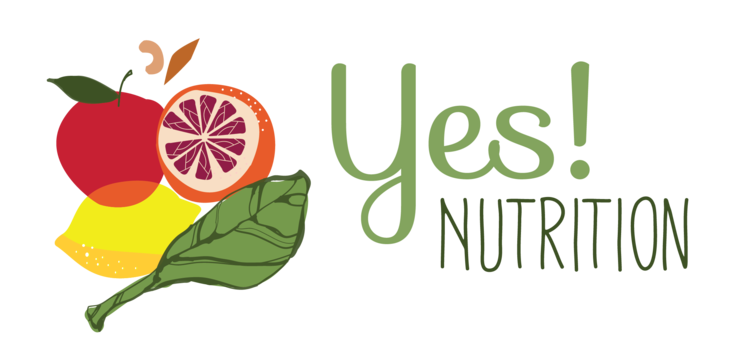What's in my water?: Exploring coconut, maple, birch, and cranberry extract alternative waters
The food world is always looking for ways to make eating (and drinking!) more exciting, so when you see these products on the shelves you may be wondering if they fit the nutrition bill, too. Today, I round up four alternative waters and whether or not you should put them in your cart.
Coconut water
What’s impressive about coconut water is that it’s high in potassium. In fact, one cup gives you around 470 mg -- that's near 13% of your daily recommended value. Sodium pulls water out of your cells, so potassium is needed to get water where it needs to go…into your cells. I like that one cup of coconut water offers 44 calories (primarily from carbohydrate), so one glass is good when I need a little extra boost of natural energy and hydration - like after a hard workout, a night out, or during travel.
Maple water
It’s not maple syrup, nor is it syrup mixed with water. Maple water is the sap that comes from maple trees each springtime, when the tree draws fresh water from the ground and by way of capillary action (who remembers that term from intro bio?) pulls nutrients from the trees' storage into the “sap” for collection. At 15 calories per cup (again, mainly carbohydrate), it may be an effective way to receive hydration and nutrition since it’s also a source of B vitamins, zinc, manganese, and some antioxidants. I have not yet tried, but am intrigued, especially for the fact that many of the maple waters (like Vertical Water and Drink Happy Tree) are one-ingredient beverages - that means it's just the maple water you're drinking...no added sweeteners or flavors! YAY!
Birch water
Said to be high in electrolytes like potassium and trace minerals, birch water is produced similar to maple water – but comes from a birch tree instead of a maple. Having recently entered the US market, it is found online and in some health-foods stores. According to a representative from the birch water company, Byarozavik, 7 grams of organic cane sugar is added to their water to give the beverage a proper shelf life. This means that sugar is added, so if you try this one, keep portion size in mind and remember to nutrient-balance with proteins and healthy fats.
Cranberry extract water
The brainchild of Ocean Spray, cranberry extract water claims to be “better than water” by offering PACs -- that’s proanthocyanidins...a powerful antioxidant found inside cranberries. But to this dietitian, it’s better to sip on water and have a handful of cranberries (or grapes and blueberries, which also contain the antioxidant). This drink isn’t a whole foods source of nutrition so if we’re taking a vote on whether it’s healthy or it’s hype…I vote hype.
In the end, coconut water can be effective, maple and birch water sound intriguing, and cranberry extract water is probably best left on the grocery store shelves. But these aren't the only alternative waters you may find on the shelves - waters sourced from olives, artichokes, watermelons, almonds, and even cactus plants - offer more ways to stay hydrated, naturally. If you do decide to experiment with or choose these alternatives, remember that they may also be a source of carbohydrates and calories, so keep portion size in mind, and nutrient-balance appropriately. Sip smartly!

